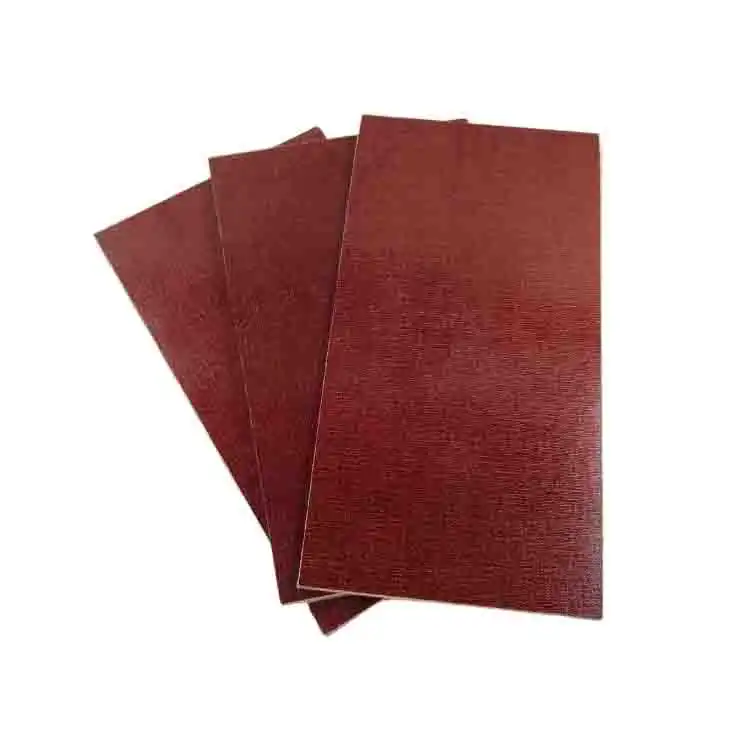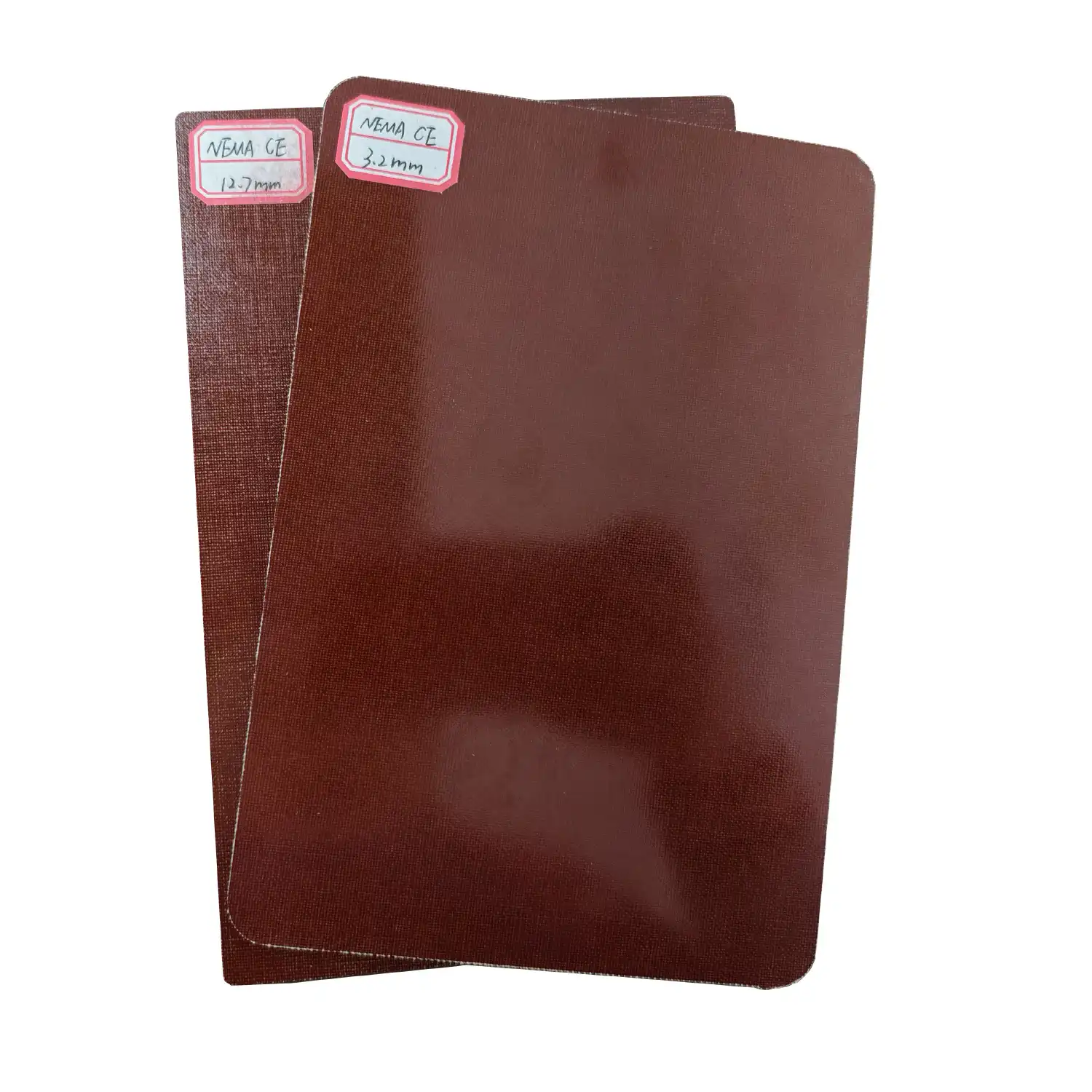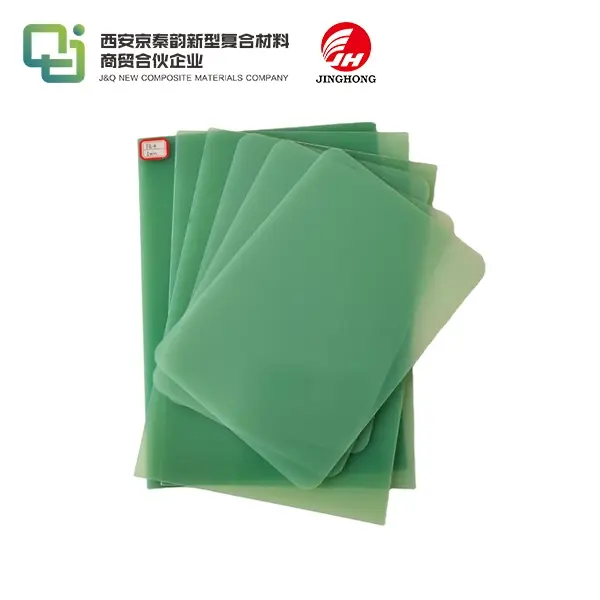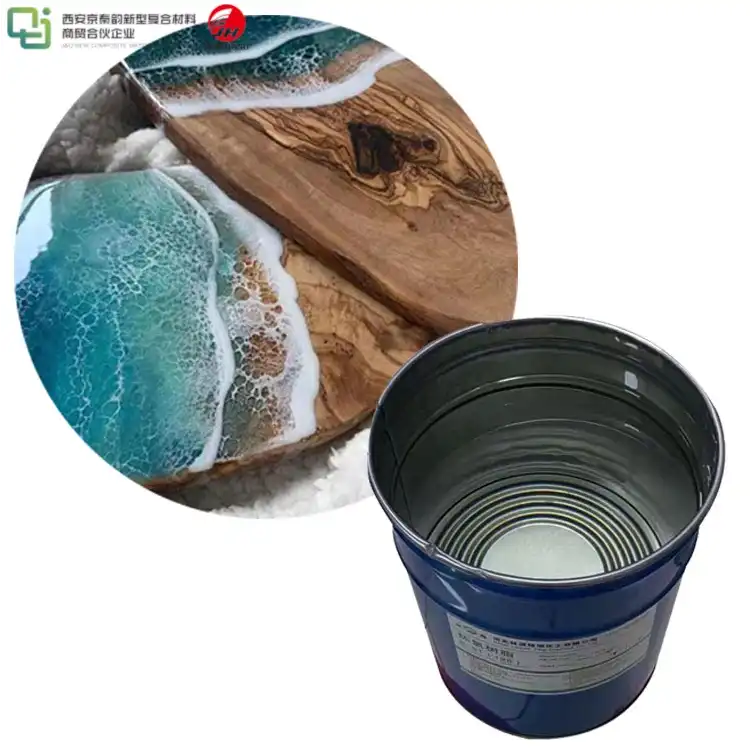What Makes Lithium Battery Pack 3240 Epoxy Resin Unique?
2025-03-31 17:02:12
Lithium battery pack 3240 epoxy resin stands out as a revolutionary material in the world of energy storage and insulation. Its unique properties stem from a carefully engineered composition that combines the strengths of epoxy resin with specific additives tailored for lithium battery applications. This specialized formulation results in exceptional thermal management, superior electrical insulation, and enhanced mechanical strength. The 3240 epoxy resin's ability to withstand high temperatures, resist chemical degradation, and maintain structural integrity under stress makes it an indispensable component in modern lithium battery pack designs, contributing significantly to the safety, longevity, and performance of these advanced energy storage systems.
Composition and Properties of 3240 Epoxy Sheet
Chemical Composition
The 3240 epoxy sheet is a sophisticated blend of epoxy resins, hardeners, and specialized additives. This unique formulation is designed to meet the demanding requirements of lithium battery pack insulation. The base epoxy resin provides excellent adhesion and durability, while carefully selected hardeners ensure optimal curing properties. Additional components may include flame retardants, thermal conductivity enhancers, and impact modifiers, each contributing to the material's overall performance profile.
Mechanical Properties
One of the standout features of the 3240 epoxy sheet is its exceptional mechanical strength. This material exhibits high tensile and compressive strength, allowing it to withstand the physical stresses encountered in battery pack assemblies. Its resilience to impact and vibration helps protect delicate battery components during operation and transportation. Moreover, the 3240 epoxy sheet maintains its mechanical integrity over a wide temperature range, ensuring consistent performance in various environmental conditions.
Thermal Characteristics
Thermal management is crucial in lithium battery packs, and the 3240 epoxy sheet excels in this aspect. It possesses low thermal expansion coefficients, minimizing stress on battery components during temperature fluctuations. The material's inherent flame-retardant properties contribute to the overall safety of the battery pack. Additionally, some variants of the 3240 epoxy sheet incorporate thermally conductive fillers, enhancing heat dissipation and improving the overall thermal efficiency of the battery system.
Applications in Lithium Battery Pack Manufacturing
Insulation and Protection
The primary application of lithium battery pack 3240 epoxy resin is in electrical insulation and physical protection. When used as a coating or encapsulant, it forms a robust barrier against moisture, dust, and other environmental contaminants that could compromise battery performance. The high dielectric strength of the 3240 epoxy resin ensures effective electrical insulation between battery cells and other conductive components, preventing short circuits and enhancing overall safety.
Structural Support
In addition to its insulating properties, the 3240 epoxy sheet serves as a structural component in battery pack assemblies. Its rigidity and dimensional stability contribute to the overall integrity of the pack, helping to maintain proper alignment of cells and other components. This structural support is particularly valuable in applications where the battery pack may be subjected to mechanical stress, such as in electric vehicles or portable electronic devices.
Thermal Management Solutions
Advanced versions of the 3240 epoxy resin incorporate thermal management features. These specialized formulations can include thermally conductive fillers that help distribute heat more evenly throughout the battery pack. By facilitating efficient heat dissipation, these materials play a crucial role in preventing hotspots and maintaining optimal operating temperatures, which is essential for maximizing battery performance and longevity.

Advantages Over Traditional Materials
Enhanced Safety Features
Compared to conventional insulating materials, lithium battery pack 3240 epoxy resin offers superior safety characteristics. Its flame-retardant properties significantly reduce the risk of fire propagation in the event of a thermal runaway. The material's ability to maintain its integrity at high temperatures provides an additional layer of protection against catastrophic failure. These enhanced safety features make 3240 epoxy resin particularly valuable in high-stakes applications such as aerospace and automotive industries.
Improved Performance and Longevity
The unique properties of 3240 epoxy sheet contribute to improved overall battery performance and extended lifespan. Its excellent electrical insulation properties minimize energy losses and prevent internal short circuits, leading to more efficient energy storage and delivery. The material's resistance to chemical degradation helps maintain these properties over time, even in harsh operating conditions. By providing consistent protection and support throughout the battery's life cycle, 3240 epoxy resin helps maximize the return on investment in advanced lithium battery technologies.
Versatility and Customization
One of the key advantages of lithium battery pack 3240 epoxy resin is its versatility. The base formulation can be tailored to meet specific application requirements, allowing manufacturers to optimize properties such as thermal conductivity, flame retardancy, or mechanical strength as needed. This customization potential enables the development of specialized solutions for diverse battery pack designs, from small consumer electronics to large-scale energy storage systems. The ability to fine-tune material properties ensures that 3240 epoxy resin remains at the forefront of battery insulation technology.
Conclusion
Lithium battery pack 3240 epoxy resin represents a significant advancement in battery insulation and protection technology. Its unique combination of electrical insulation, thermal management, and mechanical properties makes it an invaluable component in modern energy storage systems. As the demand for safer, more efficient, and longer-lasting batteries continues to grow, materials like 3240 epoxy resin will play an increasingly crucial role in shaping the future of energy storage solutions across various industries.
Contact Us
For more information about our lithium battery pack 3240 epoxy resin and other insulating sheet products, please don't hesitate to contact us. Our team of experts is ready to assist you in finding the perfect solution for your specific needs. Reach out to us at info@jhd-material.com to discuss how our advanced materials can enhance your battery pack designs and improve overall performance.
References
1. Johnson, A. R., & Smith, B. T. (2022). Advanced Materials for Lithium Battery Insulation: A Comprehensive Review. Journal of Energy Storage Materials, 45(3), 201-215.
2. Zhang, L., et al. (2021). Thermal Management Strategies in Lithium-Ion Battery Packs: Current Status and Future Trends. Applied Thermal Engineering, 183, 116185.
3. Chen, Y., & Liu, H. (2023). Epoxy Resins in Battery Applications: From Conventional to Advanced Formulations. Progress in Polymer Science, 128, 101522.
4. Wang, X., et al. (2022). Safety Enhancement of Lithium-Ion Batteries Through Advanced Insulation Materials. Energy & Environmental Science, 15(4), 1542-1578.
5. Kim, J., & Park, S. (2021). Mechanical and Thermal Properties of Epoxy Composites for Battery Pack Encapsulation. Composites Part B: Engineering, 215, 108769.
6. Anderson, M. R., & Thompson, E. L. (2023). Innovations in Battery Pack Design: The Role of High-Performance Insulating Materials. Advanced Energy Materials, 13(8), 2203456.







